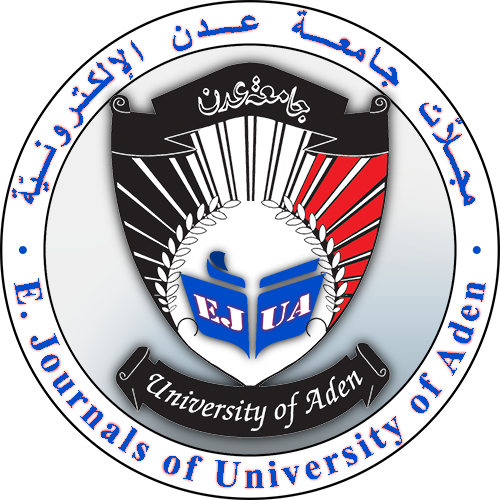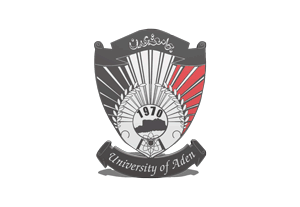DIGITAL TRANSFORMATION AS A GUARANTEE OF THE QUALITY OF EDUCATION IN YEMENI UNIVERSITIES: ITS REALITY REFLECTIONS AND MECHANISMS
DOI:
https://doi.org/10.47372/ejua-hs.2023.1.233Keywords:
Digital transformation, Ensuring the quality of education, Yemeni universitiesAbstract
The aim of the current research is to identify the digital transformation as a guarantee of the quality of education in Yemeni universities (its reality, its implications and its mechanisms). A questionnaire was built consisting of (57) items distributed on three axes, which were subject to verification of its validity and reliability, and it was applied to a simple random sample of (90) faculty members, and the results of the research were: The reality of digital transformation in Yemeni public universities received a relative average of (2.52) and a percentage of (%50.4), which corresponds to a weak estimate, while the axis of the implications of applying digital transformation on the quality of university education received a relative weight of (4.43) and a percentage of (%88.6) which corresponds to a very high estimate, The axis of the mechanisms of applying digital transformation as a guarantee of the quality of university education received a relative weight of (4.18), and a percentage of (%83.6), which corresponds to a high degree of appreciation. The research concluded by presenting a number of recommendations and proposals for the implementation of digital transformation as a guarantee of the quality of education in Yemeni universities.








